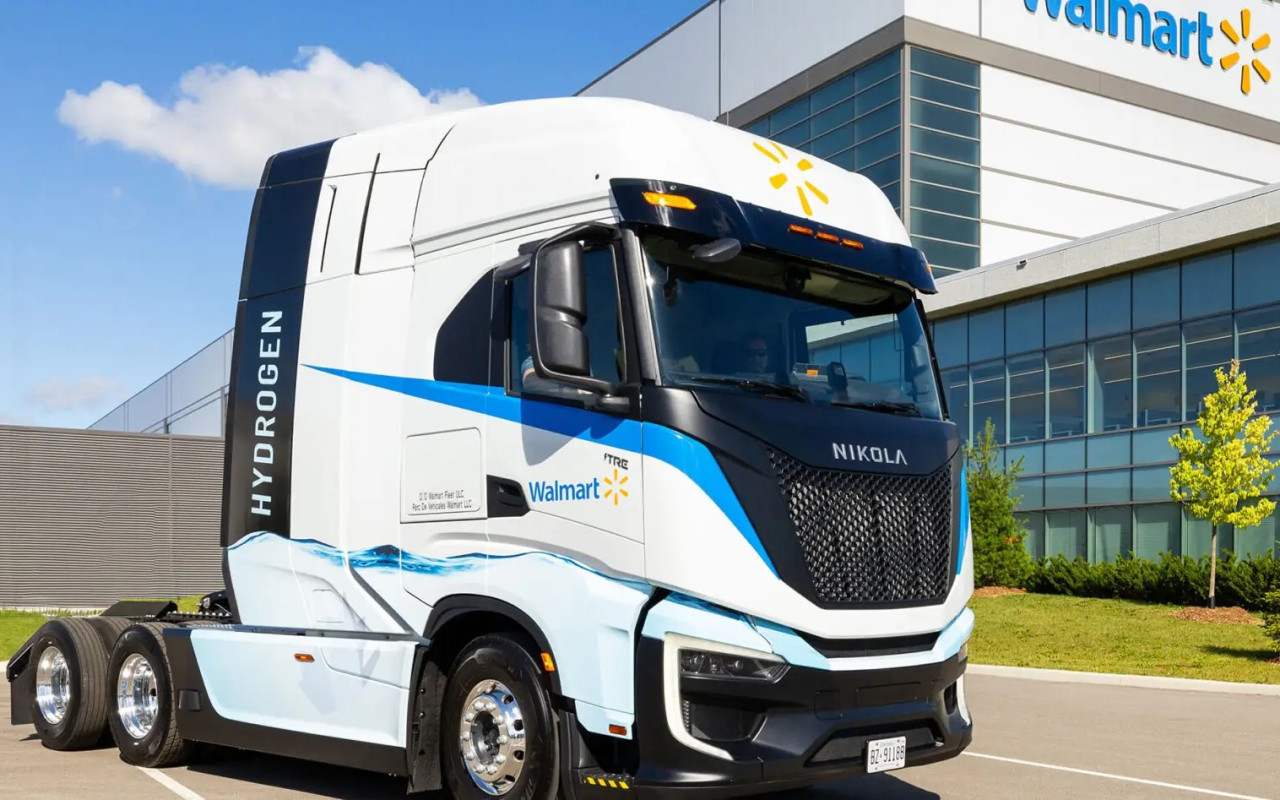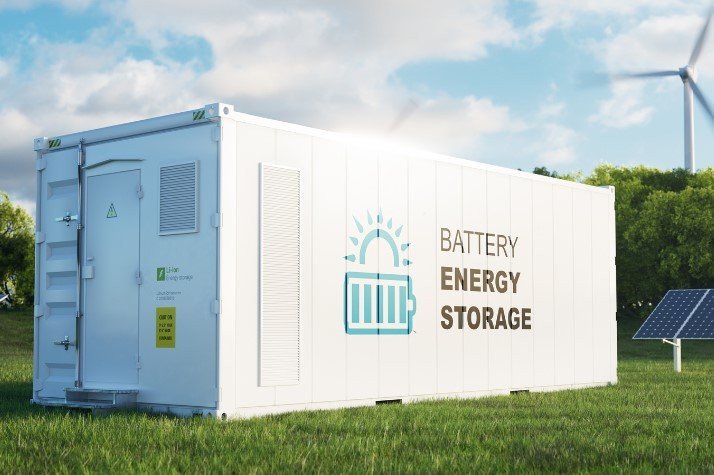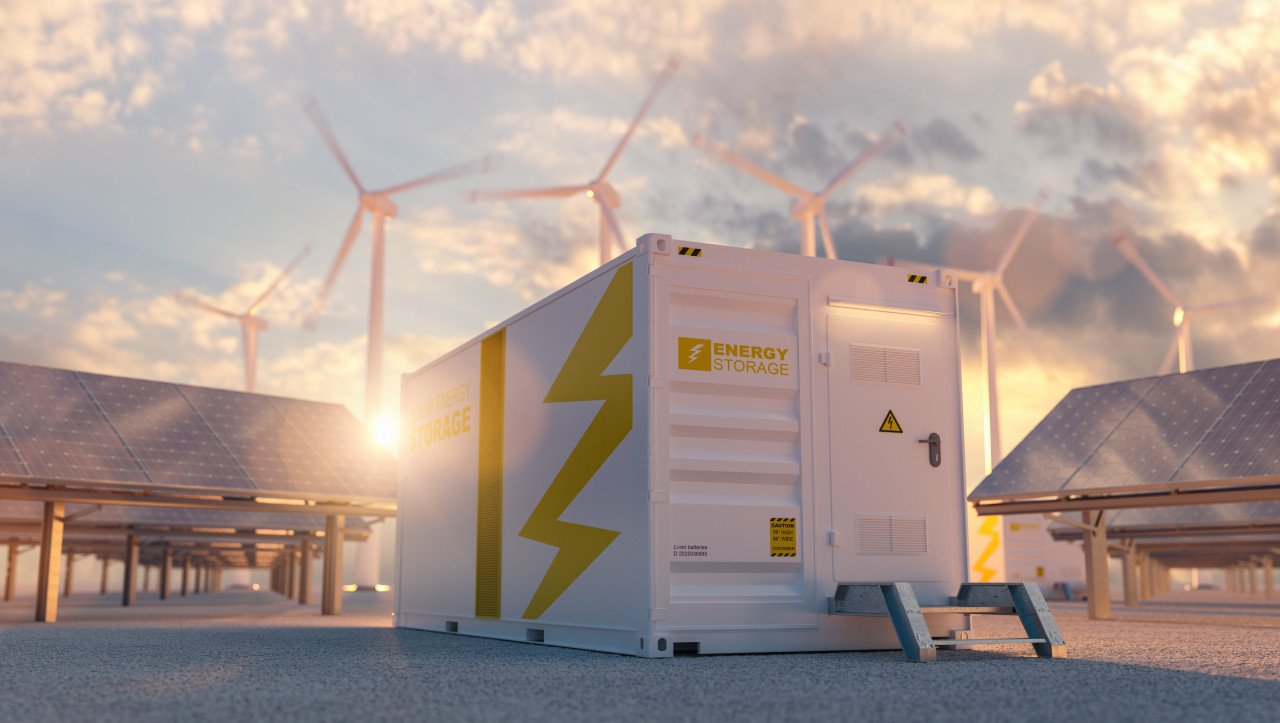Microsoft deal puts fusion power in spotlight
Is this the watershed moment for nuclear fusion? Or have two companies jumped the gun?
Microsoft has signed a deal for electricity generated from nuclear fusion, in the first such transaction for such power. The agreement, signed with US company Helion Energy, will come into effect in about five years, the two companies said.
Nuclear fusion occurs when two atoms – for example hydrogen – fuse into a heavier atom (in this case, Helium) because of extreme heat, releasing large amounts of energy in the process. A similar model underpins the sun, which currently consists of just under 74% Hydrogen, and 25% Helium, with heavier gases making up the balance.
Fusion reactions attempted on earth so far have been momentary and power deficient – it requires more energy to trigger a fusion reaction than the power that is generated from it – but fusion companies remain hopeful and have raised about $5 billion in investment.

UAE bats in favor of fossil fuels, suggests cutting emissions instead
Helion's plant is expected to go online by 2028 and will aim to generate 50 megawatts power or greater after undergoing a one-year ramp-up period. David Kirtley, founder and CEO of Helion, told Reuters, "Fifty megawatts is a big first step of commercial-scale fusion, and the revenue feeds right back into us developing more power plants and getting fusion out on the grid both in the United States and internationally as fast as possible."
More than 30 American companies and several US government labs are racing to source energy from nuclear fusion, the method that fuels the sun, because it does not generate dangerous radioactive waste like nuclear fission, the current technology used to generate nuclear power.
Still, fusion technology is much more complex than fission technology, and Kimberly Budil, head of the California-based Lawrence Livermore National Laboratory (which too, is experimenting with nuclear fusion), said last year a fusion power plant would need another a few decades of research and investment.
Helion itself still needs to get design and construction approvals from the US Nuclear Regulatory Commission (USNRC), after which it must source permits from local authorities.
One positive development: last month the USNRC decided to separate its regulation of fusion from regulation of fission, which industry watchers say could reduce time taken for grant of licenses.
Brad Smith, vice chair and president of Microsoft, said the agreement with Helion, "supports our own long-term clean energy goals and will advance the market to establish a new, efficient method for bringing more clean energy to the grid, faster."






















